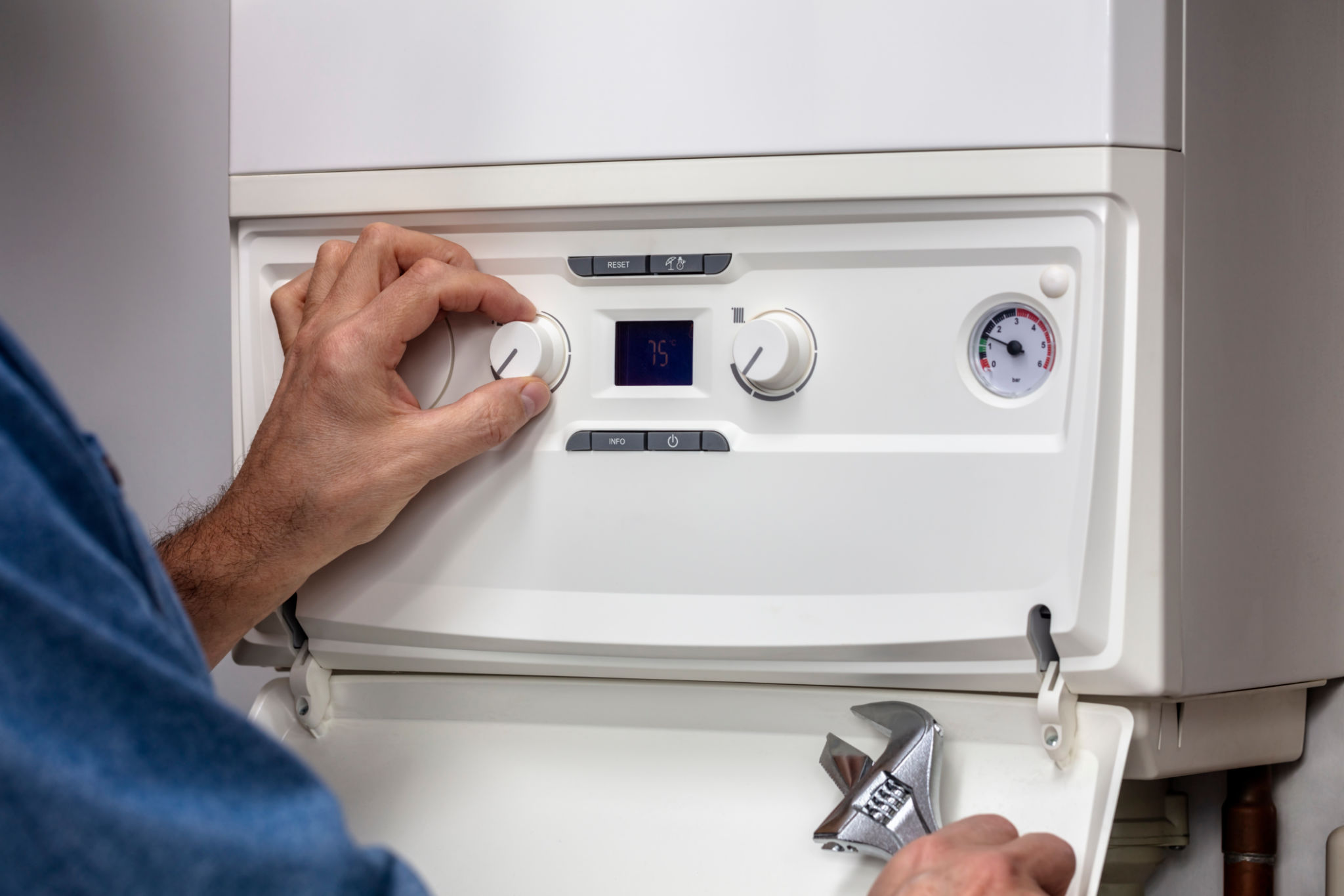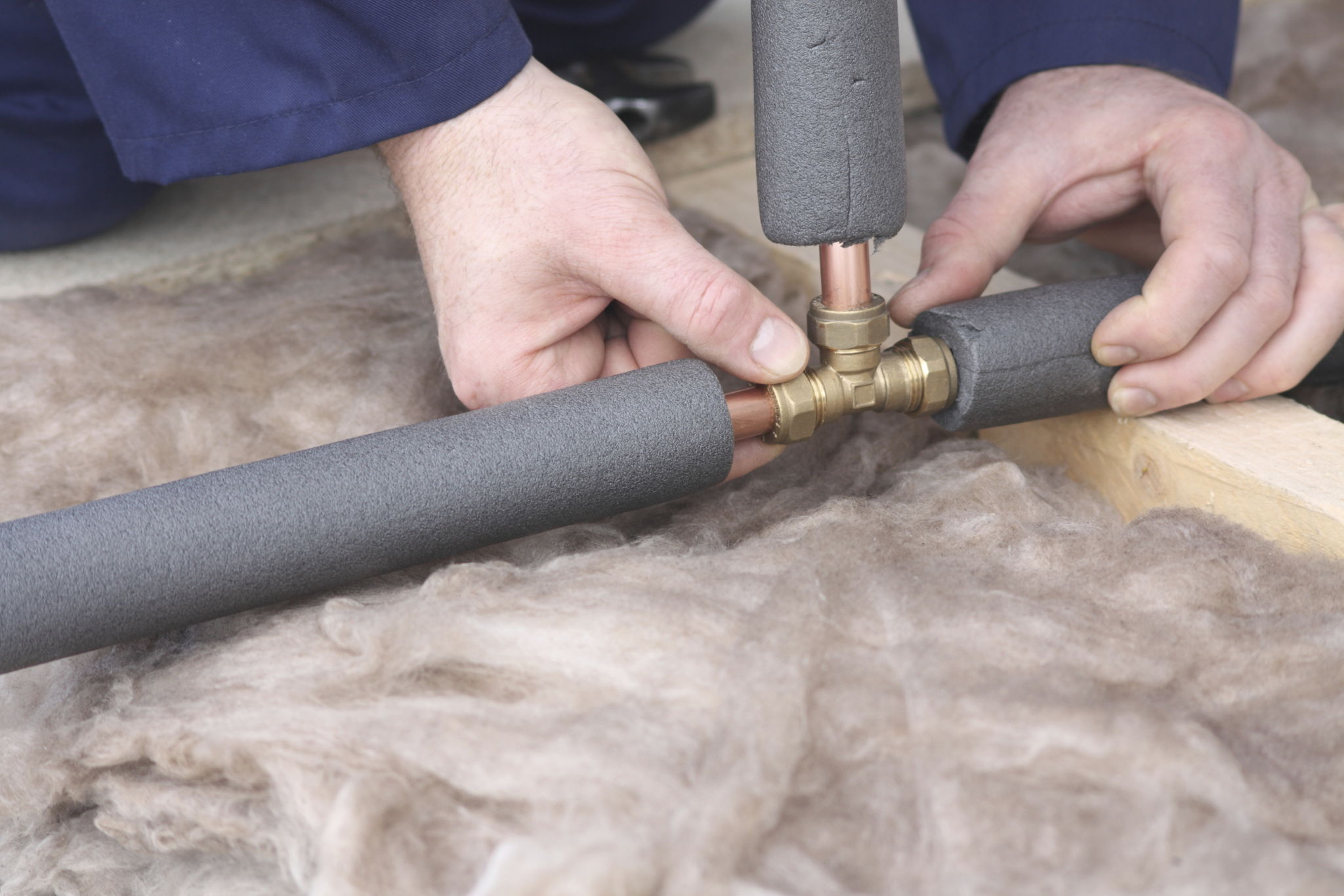How to Prepare Your Hot Water System for the Changing Seasons
Understanding the Importance of Seasonal Maintenance
As the seasons change, so do the demands on your hot water system. Ensuring it is properly maintained and adjusted can help you avoid unexpected breakdowns and enhance its efficiency. Preparing your system for different weather conditions can also extend its lifespan, saving you money in the long run. Regular maintenance allows you to enjoy consistent hot water supply, regardless of the season.

Inspecting Your Hot Water System
The first step in preparing your hot water system for seasonal changes is a thorough inspection. Check for any visible signs of wear and tear, such as rust or leaks. Examine the pressure relief valve to ensure it operates smoothly. If you notice any issues, it may be wise to call a professional for further evaluation.
Adjusting Temperature Settings
With the changing seasons, you might need to adjust your water heater's temperature settings. During colder months, you may want to increase the temperature slightly to ensure adequate hot water supply. Conversely, in warmer months, lowering the temperature can save energy and reduce your utility bills. Always ensure that the temperature remains within a safe range to prevent scalding.

Flushing the Tank
Flushing your hot water tank is an essential part of maintaining its efficiency. Over time, sediment can build up inside the tank, reducing its performance and potentially causing damage. To flush the tank, turn off the power supply, attach a hose to the drain valve, and let the water flow out until it runs clear. This process should be done at least once a year, preferably during seasonal transitions.
Insulating Pipes for Efficiency
As temperatures drop, it’s crucial to insulate your hot water pipes to prevent heat loss and protect them from freezing. Insulation helps maintain water temperature as it travels through the pipes, ensuring that you have hot water when you need it without overworking your system. Use pipe insulation sleeves or wraps to cover exposed pipes effectively.

Checking the Anode Rod
The anode rod in your hot water system plays a critical role in preventing corrosion inside the tank. Over time, this rod can become depleted and may need replacement. Check its condition during seasonal maintenance; if it's less than half an inch thick or coated with calcium build-up, it’s time to replace it. This simple step can significantly prolong the life of your water heater.
Scheduling Professional Maintenance
While there are several tasks you can perform yourself, scheduling regular professional maintenance is highly recommended. A trained technician can conduct a comprehensive inspection and address any potential issues before they escalate. This proactive approach ensures that your hot water system remains in top working condition throughout the year.

Conclusion
Preparing your hot water system for seasonal changes is not only about maintaining comfort but also about protecting your investment. By following these steps and being proactive with both DIY checks and professional inspections, you can ensure a reliable supply of hot water and potentially save on repair costs. Regular attention to your hot water system will help it run efficiently and effectively, no matter what the weather brings.
